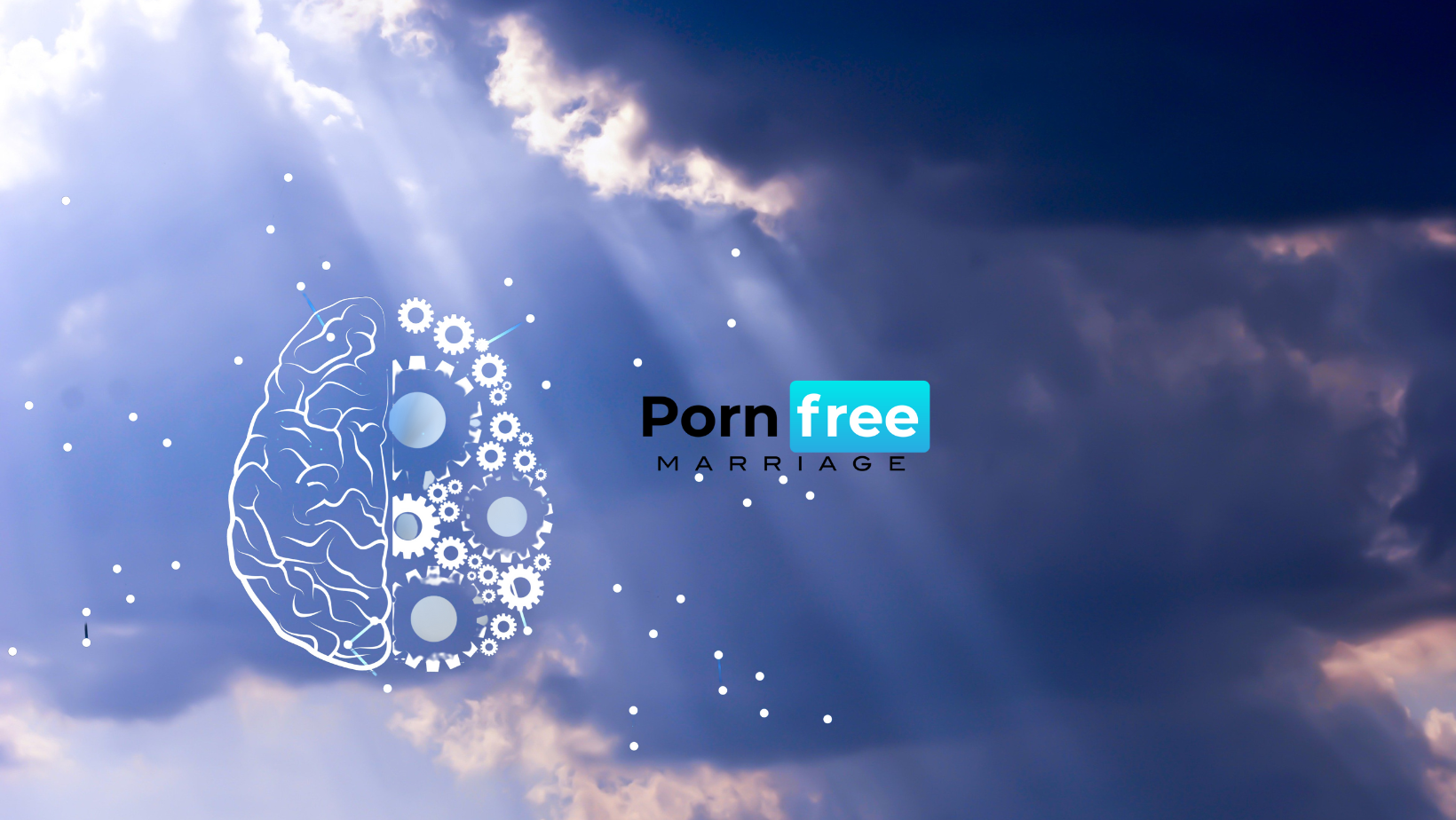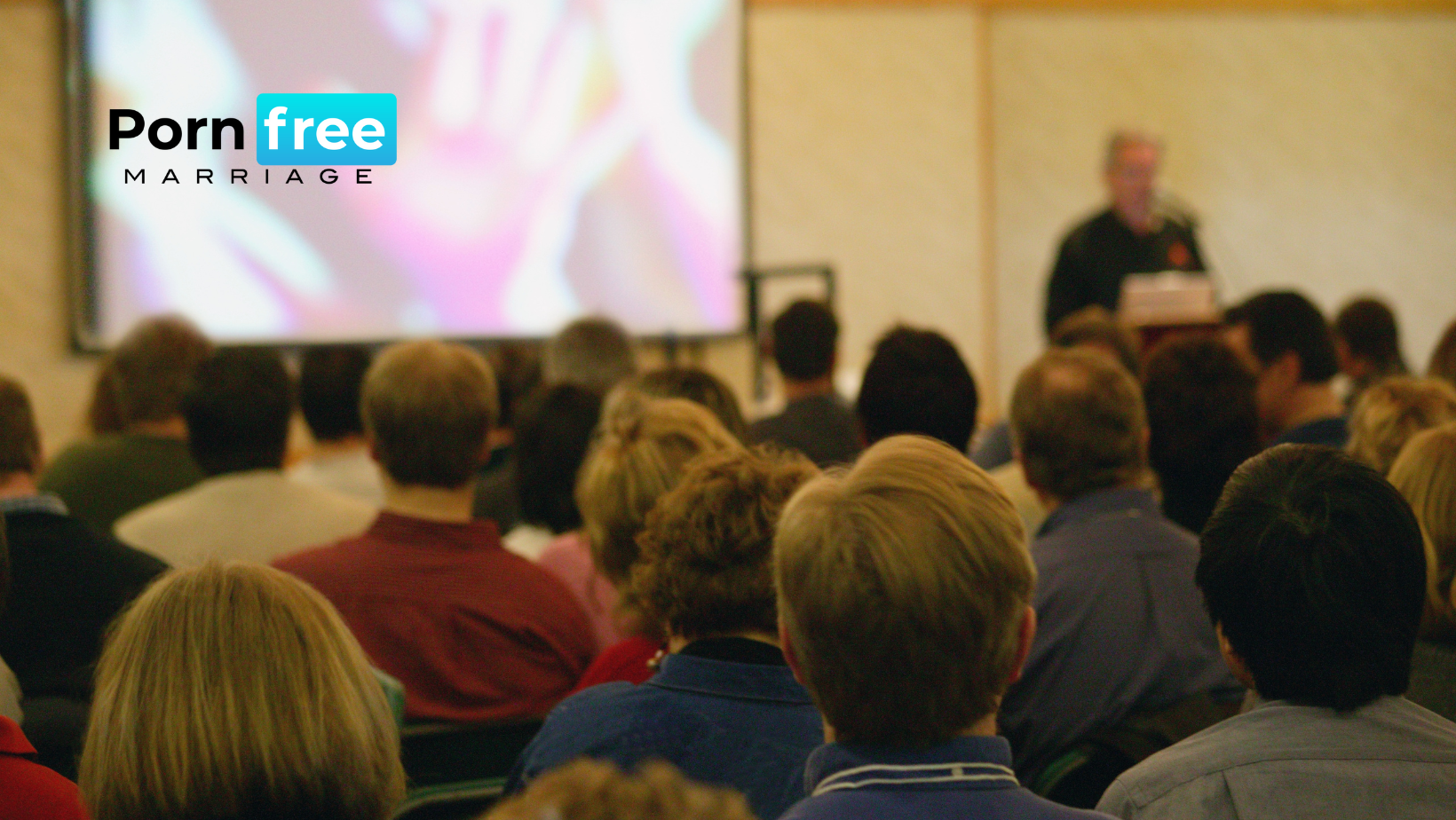Understanding the Science, Breaking the Chains, and Finding True Freedom
More Than a Moral Issue
For many Christians, pornography feels like a moral failure. But science reveals that it’s also a neurological battle. Understanding how pornography rewires the brain can help us approach it with truth, grace, and lasting healing. This isn’t just about behavior modification — it’s about transformation.
The Brain on Porn: What Really Happens
Every time you view pornographic content, your brain releases dopamine, a powerful “feel-good” chemical that reinforces reward-seeking behavior. Over time, repeated exposure:
- Desensitizes the brain – what once stimulated excitement now feels normal. The release of dopamine downgrades.
- Creates tolerance – users seek more extreme content to feel the same high.
- Builds neurological pathways – habits become hardwired into your daily functioning.
Neuroplasticity is real: your brain literally rewires itself based on what you repeatedly consume.
Just like drug addiction, porn hijacks the brain’s reward system. But instead of healing pain, it deepens it.
Why This Matters Spiritually
The Bible teaches, “Do not conform to the pattern of this world, but be transformed by the renewing of your mind” (Romans 12:2). That’s not just a spiritual truth — it’s a biological one.
When we flood our minds with unholy content, we’re not just harming our hearts — we’re rewiring our brains away from intimacy, empathy, and joy.
The Long-Term Impact of Porn Use
Emotionally and relationally, long-term porn use can:
- Dull emotional sensitivity
- Reduce interest in real-life relationships
- Create unrealistic expectations about sex and love
- Lead to shame, secrecy, and isolation
For married Christians, it can become a silent marriage killer, causing deep pain and disconnection between spouses. For singles, it creates false intimacy that blocks true vulnerability.
But There’s Hope: The Brain Can Heal
The same neuroplasticity that wired you for addiction can rewire you for freedom. Studies show that with intentional effort:
- Dopamine levels stabilize
- Brain pathways weaken with lack of use (called synaptic pruning)
- Emotional sensitivity can return
- Real intimacy becomes desirable again
5 Steps to Begin Rewiring Your Mind for Freedom
1. Cut Off the Supply
Use apps like Covenant Eyes or Accountable2You to limit access. Block websites. Remove temptations.
2. Saturate Your Mind with Truth
Replace lies with Scripture. Meditate on verses about purity, grace, and renewal (Philippians 4:8, 2 Corinthians 10:5).
3. Don’t Go Alone
Join a Christian recovery group or work with a mentor. Isolation is fuel for addiction.
4. Journal Your Triggers
Track emotional states or situations that lead to temptation — loneliness, stress, boredom — and learn to redirect.
5. Replace the Habit with Healing
Build a new routine: morning prayer, working out, reading, serving others. Habits must be replaced — not just removed.
You’re Not a Failure — You’re in a Fight
Shame says: “You’ll never change.”
Grace says: “You’re already loved — even as you grow.”
Jesus didn’t come to shame you. He came to set you free. His grace meets you where you are — not where you pretend to be.
If you’re ready to begin healing, check out our faith-based recovery program built for people just like you.
Frequently Asked Questions (FAQ)
Is watching porn really that harmful to the brain?
Yes. Scientific research confirms that repeated porn use alters brain chemistry, similar to drug addiction. It impacts decision-making, intimacy, and emotional stability.
Can the brain fully recover from porn addiction?
Yes, but it takes time and intentionality. With abstinence, accountability, and spiritual support, many people have restored mental and emotional health.
How long does it take to see change?
While the brain begins healing in weeks, deeper recovery often takes 60–90 days or more. Everyone’s journey is different.
Does God still love me after this struggle?
Absolutely. God’s love is unconditional. He doesn’t turn away from brokenness — He walks with us through it.
What if I relapse?
Get up and try again. Recovery isn’t always linear. God’s grace covers every stumble.
You are more than your addiction. You are loved, seen, and called to freedom.
If you’re ready to take the next step, let us walk beside you. You’re not alone. You’re not too far gone.






